Text
“A fuel or energy source (natural gas, gasoline, electricity) simply makes a machine run. When you dont supply it, the machine continues to exist. It has stopped, but it does not die. The fuel does not reconstitute. It does not keep the motor in existence, nor the chassis, nor any other piece whatsoever of the automobile. Food, in contrast, not only furnishes the calories that enable the body to function; more fundamentally it contributes to the subsistence, the growth, and then even the fecundity of the individual whom it nourishes. This is expressed in the etymology of the incredible words ‘restaurant’ (French: restoring) and ‘refectory’ (Latin: place for remaking). In eating, we restore ourselves, we remake and regenerate ourselves (not to say ‘resuscitate ourselves’)” […]
This assimilation process has often been reduced to a metaphor for greed: someone who eats reduces everything to himself. But as soon as you consider it a bit more closely, it appears instead as an exhortation to the utmost modesty: even the most spiritual man still depends on the whiff of oxygen, the bowl of soup, the slice of bread. Without something to eat, our fine autonomy wastes away. We don't feel right if we don't eat right. We stay standing with the support of the air: if air is lacking, we collapse. We walk on the ground by walking on water: if water is lacking, we dry up on the spot. Do not ask the poet to intone his sublime song if he has not had a chance to bite into his bread and butter, or sip his coffee. The Muse is his inspiration, but Grub is his refreshment. If he is to live on his verses, his verses have to procure him some vittles.
May he become aware of this, and may this dependence lead him to gratitude. ‘Hail to the chicken thigh without which I could no longer stand on my own two feet! Thanks be to the lettuce without which I could nor turn over a new leaf to write again! Hosanna to the breach of fresh ait, without which my lips would be incapable of praise!’ The primitive act of nutrition causes all these things to be transformed into my words and, so that my words might assimilate them completely, invites me to offer to them in return a spiritual legacy and moral respect […] And so I can no longer treat them any old way. Their edible presence is a primordial gift that I must take good care of, which invites me to gratitude.”
— Fabrice Hadjadj: The Resurrection [Résurrection, mode d’emploi; transl. Michael J. Miller]
2 notes
·
View notes
Text
“With a yell Duffy ran toward the door, but his own legs weren't working correctly, and he made slow progress. Then he must have fallen, for he blacked out and dropped away through hundreds of disturbing dreams…he was a child crying with fear in a dark stone room; he was an old, dishonored king, bleeding to death in the rain, watched over by one loyal retainer; he stood with two women beside a fire on a midnight moor, staring into the black sky with a desperate hope; in a narrow boat he drifted on a vast, still lake; he sat across a table from a shockingly ancient man, who stared at him with pity and said, ‘Much has been lost, and there is much yet to lose.’”
— The Drawing of the Dark
3 notes
·
View notes
Text
They’re building a hotel in my workplace and some time ago there was a casualty while they were unloading these big marble plates. It was awful, of course, but also creepy when in the aftermath I heard that people were circulating the rumor that “whenever a hotel is being built, a casualty during construction means the hotel will do really well”. That’s American Gods level stuff.
6 notes
·
View notes
Photo
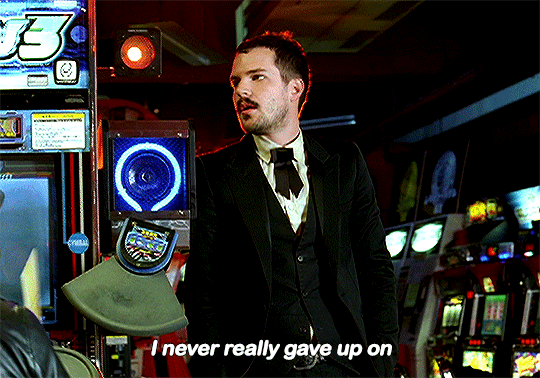
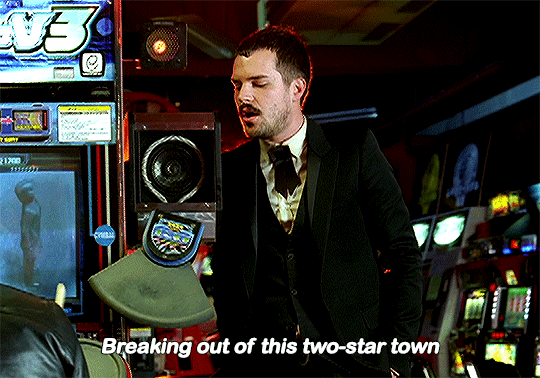
I got the green light, I got a little fight
I’m gonna turn this thing around
344 notes
·
View notes
Note
Thanks to you I recognized San Rafael Arnaiz’s name in a book.
*tearful smile*
I just love him so much.
For those who don't know him, St Rafael Arnáiz was a trappist, from Spain, who died at a relatively young age, of diabetes, around the time of the Spanish Civil War.
I found him -or he found me- at a very sad time in my life, that because of [PERSONAL BACKSTORY I'M NOT COMFORTABLE SHARING HERE], had me very desperate and despondent thinking I was "nothing" and that my life was "broken", that everyone had a neat little path and place in the world, and that I had missed my train to my own.
I did find some consolation in St Benedict Joseph Labré, but then, he was also somewhat a figure of legend: desiring for long the monastic life, being assaulted by scruples every time he tried it (probably also OCD and anxiety), he then dedicated most of his life to being a pilgrim, constantly going back and forth to places of pilgrimage, begging, taking letters from one monastery to another, etc, etc. But I could never become that.
The thing with St Rafael is that his journey is so real, so small, so humble, and above all so honest and raw, reading his notebooks is a very cathartic experience. His story starts like so many saints stories, with loving family and miraculous recovery from illness in childhood, a brilliant career in the world as an architect being left behind for the austere and secluded life of a trappist monk... and then he gets sick. And his whole life crumbles around him. He's handed a death sentence, left without direction, in the middle of a war-torn country. And so he goes through these harrowing experiences of having to tear himself from the trappa and then from the world and back again, while feeling at home nowhere, carrying the fatigue and the thirst and the irritability of his (then) chronic, terminal illness... and then he returns to the trappa one last time, and he live a little while, and then dies.
In appearance his life is a tragedy and a failure... and yet there's such a light in it. Not in terms of a forced cheerfulness and grand declarations of deserving pain and embracing expiation... when he suffers he suffers and he complains, and he tries again, and he finds joy in small things, and his mood changes several times in one day, from feeling the most miserable idiot, peeling turnips in the cold, to the mental image of turning Heaven into a farmer's market and laughing when thinking of seeing Christ and the saints and himself surrounded by baskets and baskets of prepared fruits and roots and veggies.
Bottom line: his life mattered, obscure and "failed" as it was. A life doesn't need to be triumphant to matter, and a person doesn't have to reach or perform the extraordinary or the expected to be lovable and loved and mourned and remembered.
Some of his art:
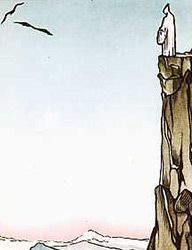
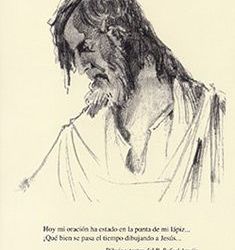
The man himself:
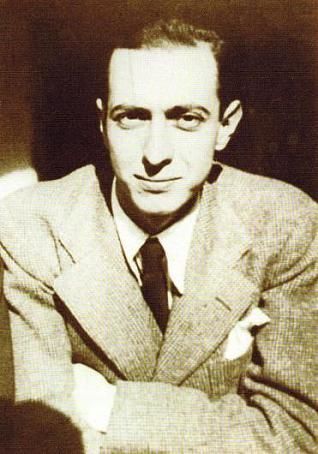

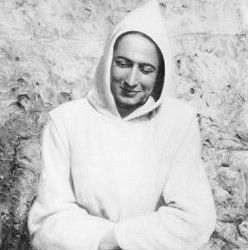
And that's why I picked him for my Confirmation saint, because I felt understood, and I understood that my life was worth it, wherever it led me in the end.
59 notes
·
View notes
Text
girl help reality shows are coming for my hometown
3 notes
·
View notes
Text
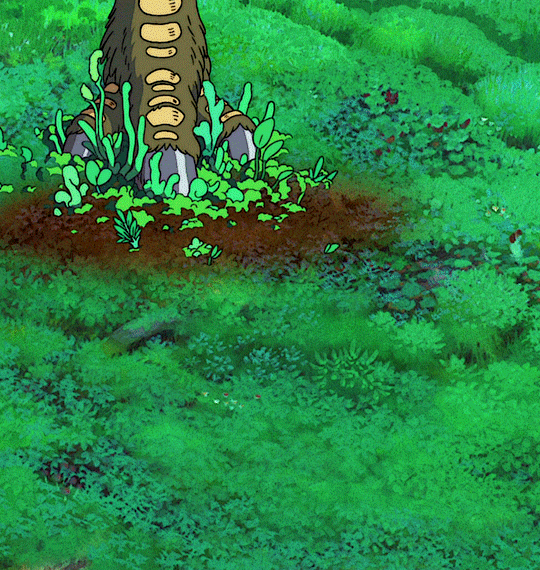

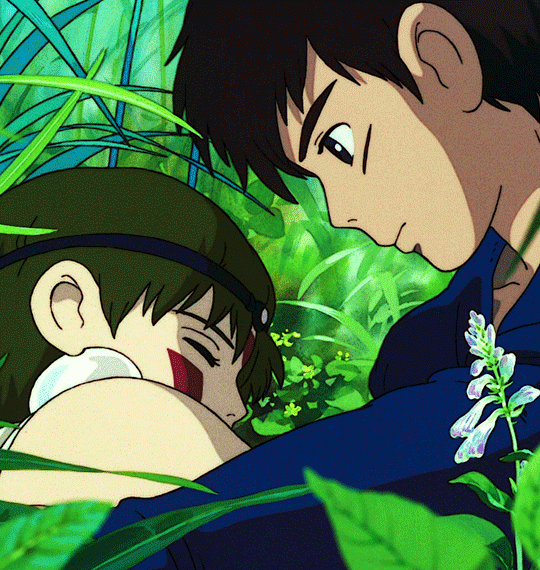


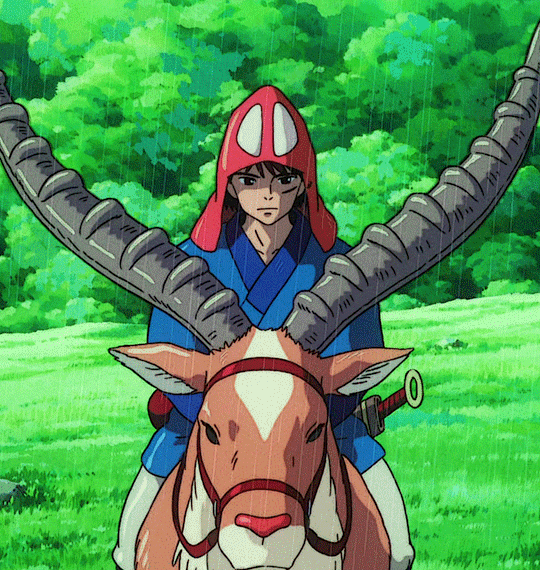
Life is suffering. It is hard. The world is cursed. But still, you find reasons to keep living.
PRINCESS MONONOKE (1997)
1K notes
·
View notes
Text
You're in her DMs
I have her blocked
You will understand in time
37K notes
·
View notes
Text
“If Christ had not come to earth, art would be tragedy or comedy, but there wouldn’t be drama.
Truly, what Christ leaves us is a drama: the possibility of redemption but also of ruin, saving or damning yourself; being able to conquer your weakness, your inclination to evil, through grace and the sacraments. This demands drama, and Catholic art is drama […]
[Leonardo] Castellani mocked those who . . . expect that in a Catholic book everyone should be very good, everyone should be converted, everyone should be a martyr, everyone should confess Christ until the end… And he said that Christ is not an Attila, converting everyone wherever he goes. Redemption is something else. Redemption takes the human person, it doesn’t make man into a robot. The person is a range of infinite possibilities, and a truly Catholic art has to show that, it cannot show only martyrs . . .”
— Juan Manuel de Prada [transl. mine]
66 notes
·
View notes
Text
«Léon Bloy decía que la única manera de vencer la tristeza es dejar de amarla. Pero el hombre parece hoy seguir aferrado a sus ubres podridas.
Tal vez porque lo sabía, quiso Cristo dedicar cuarenta días, casi una segunda vida, a explicar a los suyos ese camino del gozo por el que tanto les costaba penetrar. Un duro y exultante aprendizaje. No podía Jesús resignarse a la idea de que los hombres, tras su muerte—misión cumplida—lo jubilasen y lo encerrasen en su cielo, tal vez con una pensión por los servicios prestados. No bastaba, pues, con resucitar.
Había que meter la resurrección por los ojos y las manos de los suyos. Y habría que hacerlo con la obstinación de un maestro que repite y repite la lección a un grupo de alumnos cazurros. ¡Ah, cuánto le cuesta al hombre aprender que es feliz! ¡Qué tercamente se aferra a sus tristezas! ¡Qué difícil le resulta aprender que su Dios es infinitamente mejor de lo que se imagina!
Eso—la terquedad de Dios luchando con la torpeza de los hombres—fueron aquellos gozosos cuarenta días que regaló a los suyos.
Cuarenta días que resultaron bastante más que una propina para los amigos, ya que en ellos Dios mostró su verdadero rostro y actuó como el poeta que era. Tenía que empezar por sacarles de su aturdimiento, de su desesperanza. Debía sumergirles, primero, en la inquietud y la interrogación. Para ayudarles, al fin, a entender los trasfondos de todo lo que en los tres años anteriores habían vivido a su lado.»
— José Luis Martin Descalzo: Vida y misterio de Jesús de Nazaret, III. La cruz y la gloria
0 notes
Text
Just because I'm catholic and don't post gore and porn doesn't mean I'm normal.
43 notes
·
View notes
Text
I’m actually really fun once you get to know me (takes 3-4 years).
44K notes
·
View notes
Text
So sick of having a darkened intellect, weakened will, and disordered passions.
659 notes
·
View notes
Text
“Another fall, and what a fall! Must you give up hope? No. Humble yourself and, through Mary, your Mother, have recourse to the merciful Love of Jesus. A miserere, and lift up your heart! And now begin again.”
— St. Josemaría Escrivá: The Way, n. 711
106 notes
·
View notes
Text
Anyway, at least the new dance moves came out a little bit better tonight than last night.
2 notes
·
View notes
Text
It’s a combination of our current digital “moment” and the fact that we get most trends some time after the “rest of the world” (meaning mostly the US). I don’t think some years ago there were this many (Spanish speaking) accounts and people online promoting some version of the Theology of the Body (from what I see, it seems this has been more of a thing for longer in other countries). But then you get the cross section of that type of account with instagram “content creators”.
I don’t know if I want relationship advice from a Catholic “influencer”.
21 notes
·
View notes